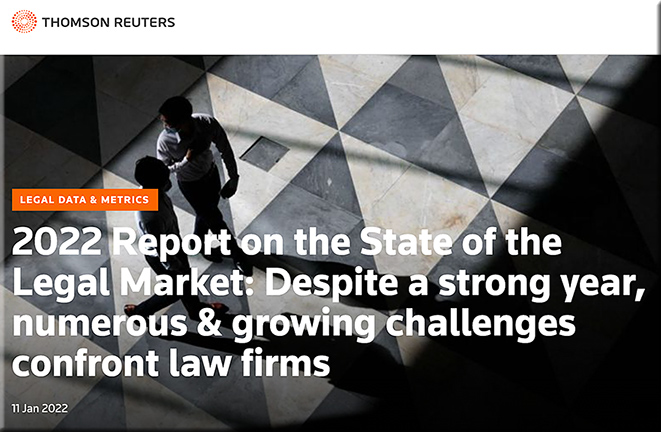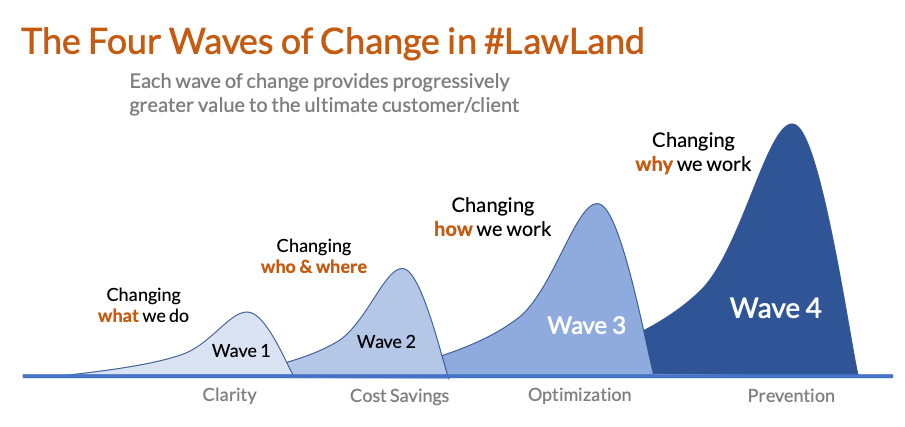AI bots to user data: Is there space for rights in the metaverse? — from news.trust.org by Sonia Elks
In a virtual world populated by digital characters, privacy and property rights face unprecedented challenges, campaigners say
From virtual goods to AI-powered avatars that can be hired out by companies, a fast-growing digital world is pushing ownership and privacy rights into unchartered territory.
NYC Targets Artificial Intelligence Bias in Hiring Under New Law — from news.bloomberglaw.com by Erin Mulvaney
New York City has a new law on the books—one of the boldest measures of its kind in the country—that aims to curb hiring bias that can occur when businesses use artificial intelligence tools to screen out job candidates.
Employers in the city will be banned from using automated employment decision tools to screen job candidates, unless the technology has been subject to a “bias audit” conducted a year before the use of the tool.
‘Innovation Averse’ Law Schools Risk Missing Out on the Legal Industry’s Regulatory Renaissance — from law.com
“If law professors and legal educators and law school administrators aren’t in tune with how the practice of law is changing, not just in terms of how you deliver legal services, but these new areas that are emerging, then we’re doing a great disservice to our students,” said April Dawson, associate dean of Technology and Innovation at North Carolina Central University School of Law, during the “Redesigning Legal” speaker series panel discussion this week.












